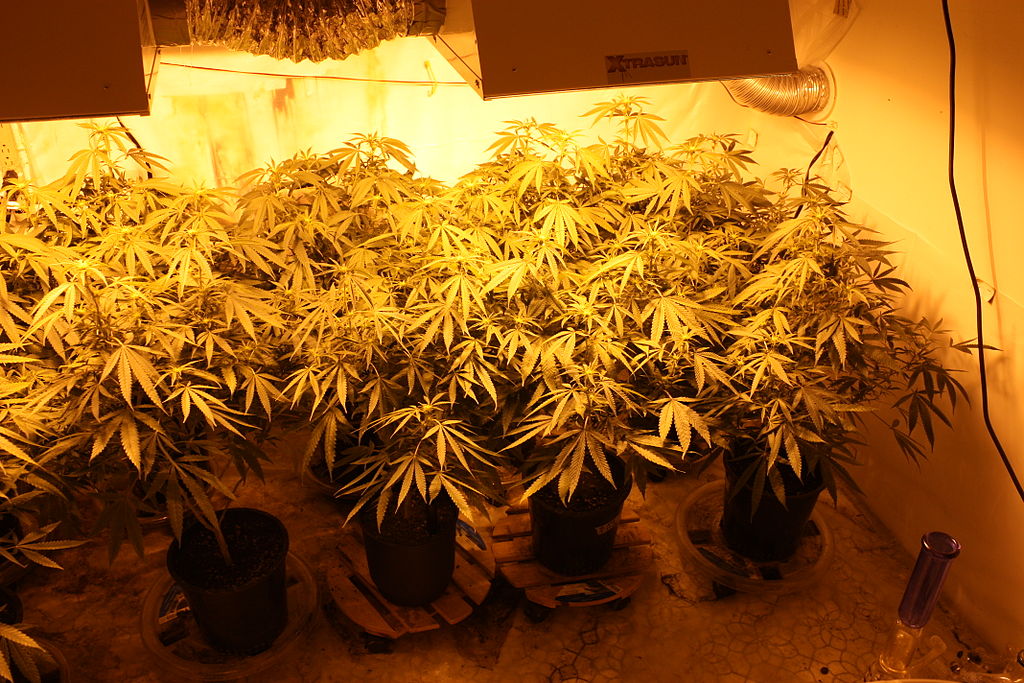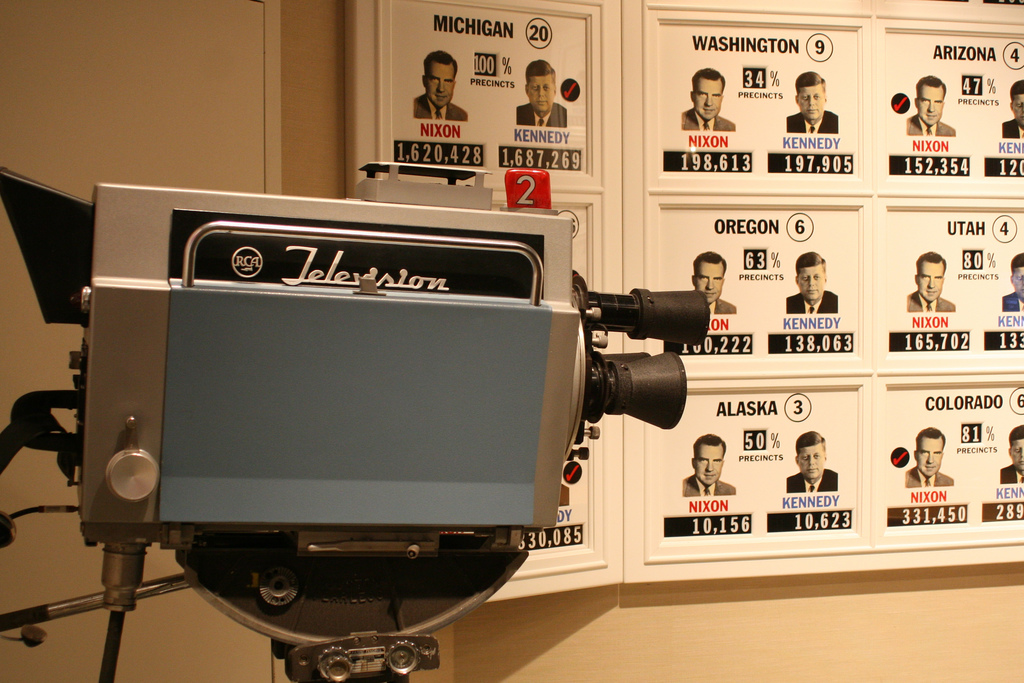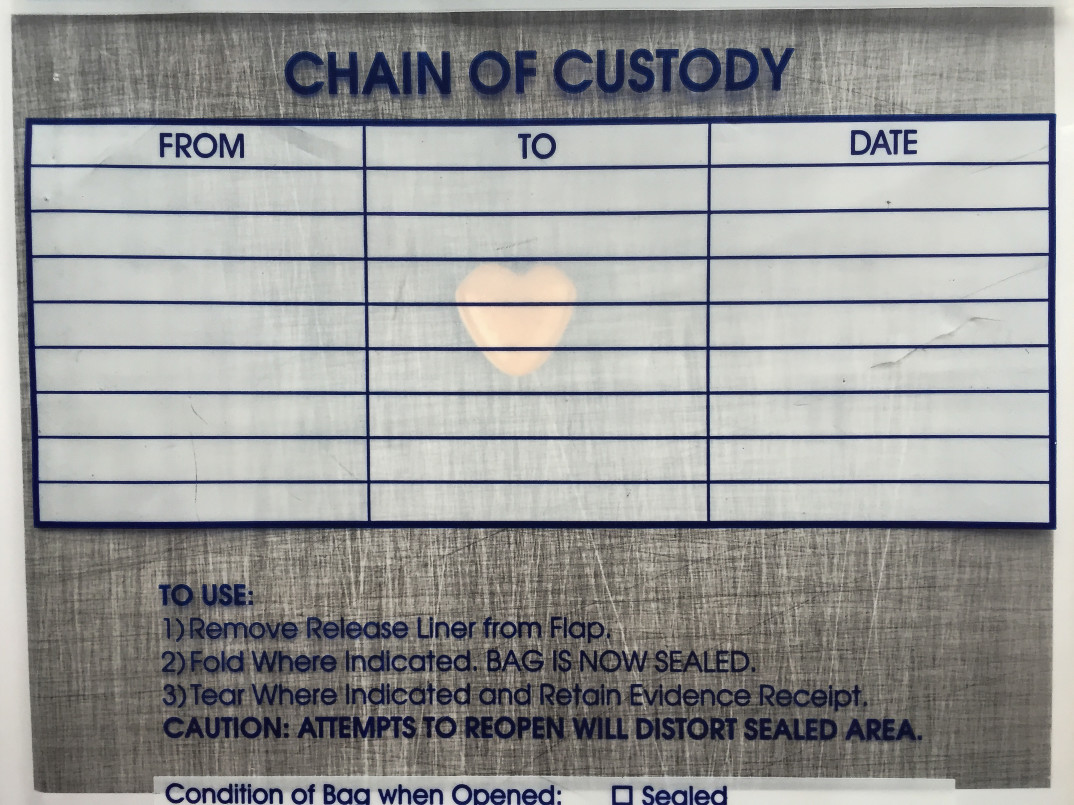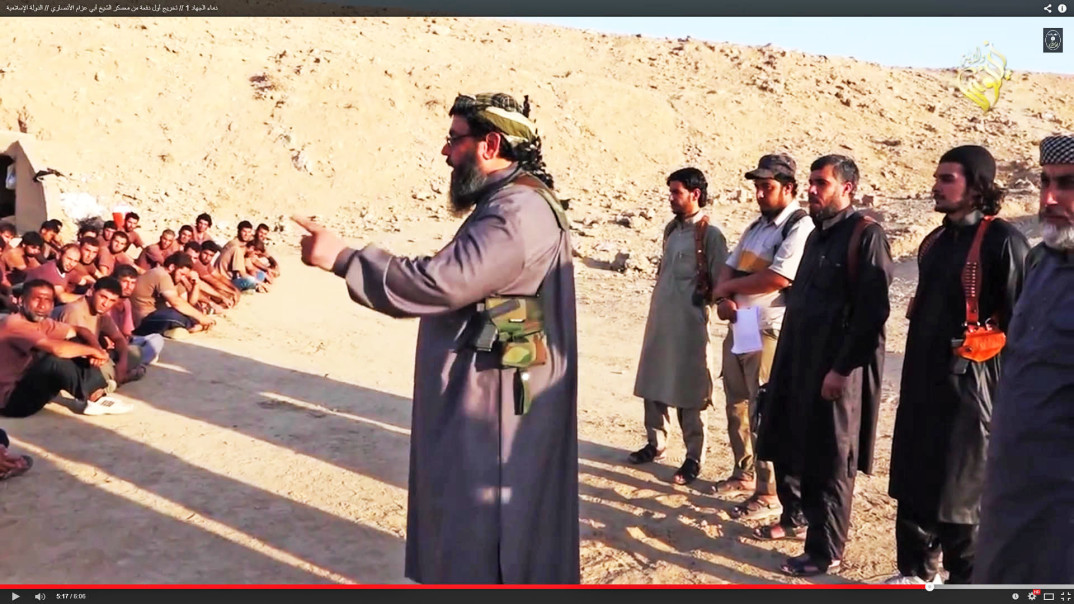Pope Francis will begin his first visit ever of the United States tomorrow, when he lands in Washington, D.C. after a four day visit to Cuba. His visit is highly anticipated and there has already been a threat on his person that has recently been disrupted by U.S. authorities. The Pope’s visit comes at a critical time as the presidential campaigning for the 2016 elections has raised awareness and debate over a variety of issues. What we can expect from Pope Francis is that he is not only going to make a stance on these issues but also raise awareness on other ones.
Marijuana’s Pesticide Problem
A wealth of information, both reputable and otherwise, can be found about the health effects of marijuana. Amid claims that the drug can cure cancer and studies documenting its negative health repercussions, it is sometimes difficult to get a sense of just how using marijuana could affect one’s health. However, one of the most clear-cut health concerns involving marijuana may not even stem from the drug itself. According to The Atlantic’s Brooke Borel, every time marijuana users light up, they are not just inhaling the intoxicating smoke. With it also comes sometimes-dangerous levels of pesticides – chemicals that, at least for now, go almost completely unregulated.
TV Debates Warp Political Process
This post originally appeared in USA Today on July 29, 2015.
Political wonks and junkies breathlessly await the first televised “debate” of the primary season. But sensible voters will do something more productive on debate night. Taking a walk or going to a ballgame will be better than watching 10 overprepared GOP candidates try to upstage each other with verbal brickbats and one-liners.
Political debates have become nothing more than media events that do little to promote reasoned, in-depth discussion. Cable news channels stand in line to program them to promote their brand, get a ratings boost, showcase their talent, and insert themselves into a political brawl. Their producers make the events look like a cross between the Super Bowl and Dancing With the Stars, hardly a venue for thoughtful political dialogue.
Television is a medium of emotion, and as such, warps the process of selecting who is best suited to lead the nation. Candidates are advised by slick handlers to stick to simplistic catchphrases, and toss in a few zingers along the way. Television forces candidates to worry more about their on-screen image than about how to explain their policy for improving the economy. Any candidate who seriously tries to make debating points and explain the nuances of a complex matter will come off as boring and calculating.
Afterward, the media will immediately start declaring who “won,” as if winning a debate 15 months before Election Day will help the electorate decide who’s best suited to confront Islamic State terrorists. There is little transferability of television debating skill into international diplomacy, working with Congress, or any other presidential duty that matters.
The candidate who can make the most noise on debate night will be viewed as having advanced his candidacy, and the less showy but more sensible candidate will be dismissed. Remember, many pundits thought Newt Gingrich won the early GOP debates in 2012.
John Kennedy warned in 1959 that television would force politics into the realm of public relations and “gimmickry.” Televised debates are all of that. These concocted events will not be the stuff of Lincoln-Douglas. Our nation’s political process suffers as a result.
Reclaiming Identity in Srebrenica
Every time I travel outside the U.S., I bring a book of photos back with me. In part, it stems from a need to remember wherever I have been. But it also lends me new artistic perspectives, allowing me to both better my photography and understand how the country’s artists have imagined their surroundings.
The Poetry of ISIS: Is it Literature?
Since it first began capturing Iraqi towns in 2014, the militant group ISIS has become notorious for its widespread use of violence and atrocity. However, as Robyn Creswell and Bernard Haykel point out in The New Yorker, this violence is only one of the qualities defining the Islamic State. For the brutal acts of violence for which ISIS have become famous is juxtaposed with something decidedly more elegant: Arabic poetry. Such poetry, written by militants and figures like Ahlam al-Nasr, the so-called “Poetess of the Islamic State,” offer a key look into the narratives and art forms involved in the Islamic State’s spread.
Ebola: No Longer a Microscopic Problem
Over the past two weeks, reports of a Liberian man with Ebola being treated in Dallas have captivated our public discourse. Some worry that this may be a “Patient Zero” situation, and that the outbreak will soon transcend borders to become a global epidemic. While this fervor has taken place at home, however, even more profound turns in the handling of the Ebola outbreak are unfolding abroad.





